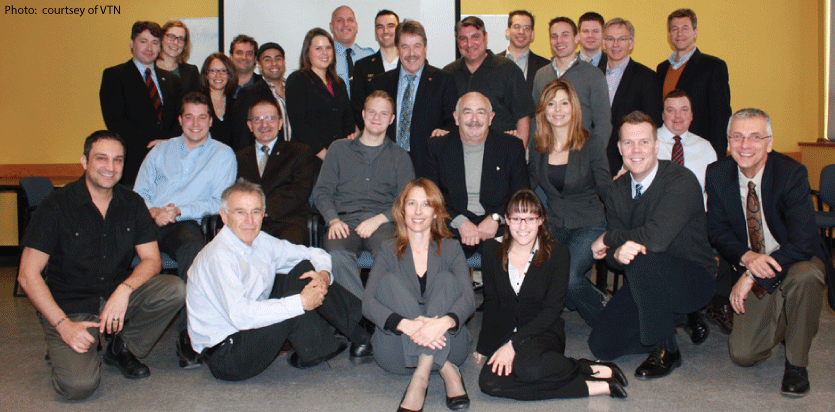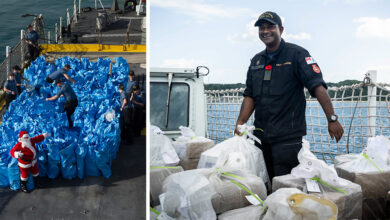Programs & Services
Program brings veterans together to deal and heal operational stress injuries
The Veterans Transition Network is changing things up for veterans and RCMP when it comes to therapy for operational stress injuries (OSI). The 10-day treatment program brings veterans together with others experiencing the same trauma in a group setting.
“When they’re able to come together in that way, with specially trained clinicians that are not only trained in trauma, but they’re also trained in group work. They’re able to get an experience that they can’t simply get elsewhere,” said Doug Allen, Atlantic Operations Coordinator.
The program mixes both individual therapy and peer support, which Allen feels makes the program a real success for the participants.
When a soldier enlists and goes through basic training, they do so as a group with other like-minded individuals. Allen said the brotherhood and sisterhood often gets lost when a soldier suffers trauma.
“We experience things in our world that we can’t fix, then quite often it’s bringing us back to the comradery in such a setting that enables us to get through that as well,” he said. “This program enables us to get together with those who have also sacrificed for service and enables us to come in and find ourselves again and from there, move forward.”
Dr. Marv Westwood and Dr. David Kuhl worked out of the University of British Columbia and ran small palliative care groups of Second World War and Korea veterans in 1997. The veterans wrote up their stories of war-time experiences and exchanged them with each other, in what Dr. Westwood called “guided autobiography” sessions. They had great successes with the program and for the most part, it was the first time the veterans had ever shared what they went through. When the program was finished, one participant said, “Great program Westwood, but you’re 50 years too late. You need to do something for the younger guys coming back now.” Thus, creating the Veterans Transition Program.
The program runs in three phases, with a couple of weeks break in between each phase. The break between each phase allows for participants to take the tools they learned in each phase and practice them in real life settings.
Since the program was created, the Veterans Transition Program has held onto the belief that soldiers are better served by other soldiers. The researchers discovered many of the veterans they worked with were reluctant to participate in programs or access resources provided by the government or military, in fear their information would not be kept confidential.
Many veterans fear the consequences an operational-stress injury (OSI) could have on their military record and future career endeavours. So, it was important to ensure during the expansion of VTP that their confidentiality was protected and although grants were sought out to allow for the growth of the program, the Veterans Transition Network (VTN) would remain a standalone organization.
Today, the VTN is working to expand its borders. To date, the VTP has been able to help nearly 800 veterans in seven provinces, and that number continues to grow. In addition to their original program, they have provided services to RCMP officers, female veterans and bilingual speakers.
The organization runs their program throughout the year. For more information about the program or to check out their latest annual report, click here.










